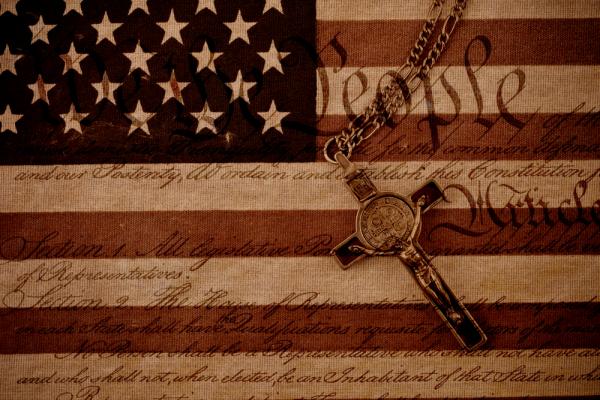Feb 24, 2016
Catholic candidates are mistakenly seeking to put politics and economics on one side and religion on the other. Such a dividing point misses the point of their faith. Catholic Mass — and worship services of other Christians — remains grounded in politics. Religious worship is political. The religious and political cannot be separated. To reject the politics or economics of Jesus would be to reject the spiritual teachings of Jesus.
Read the Full Article

Already a subscriber? Login
